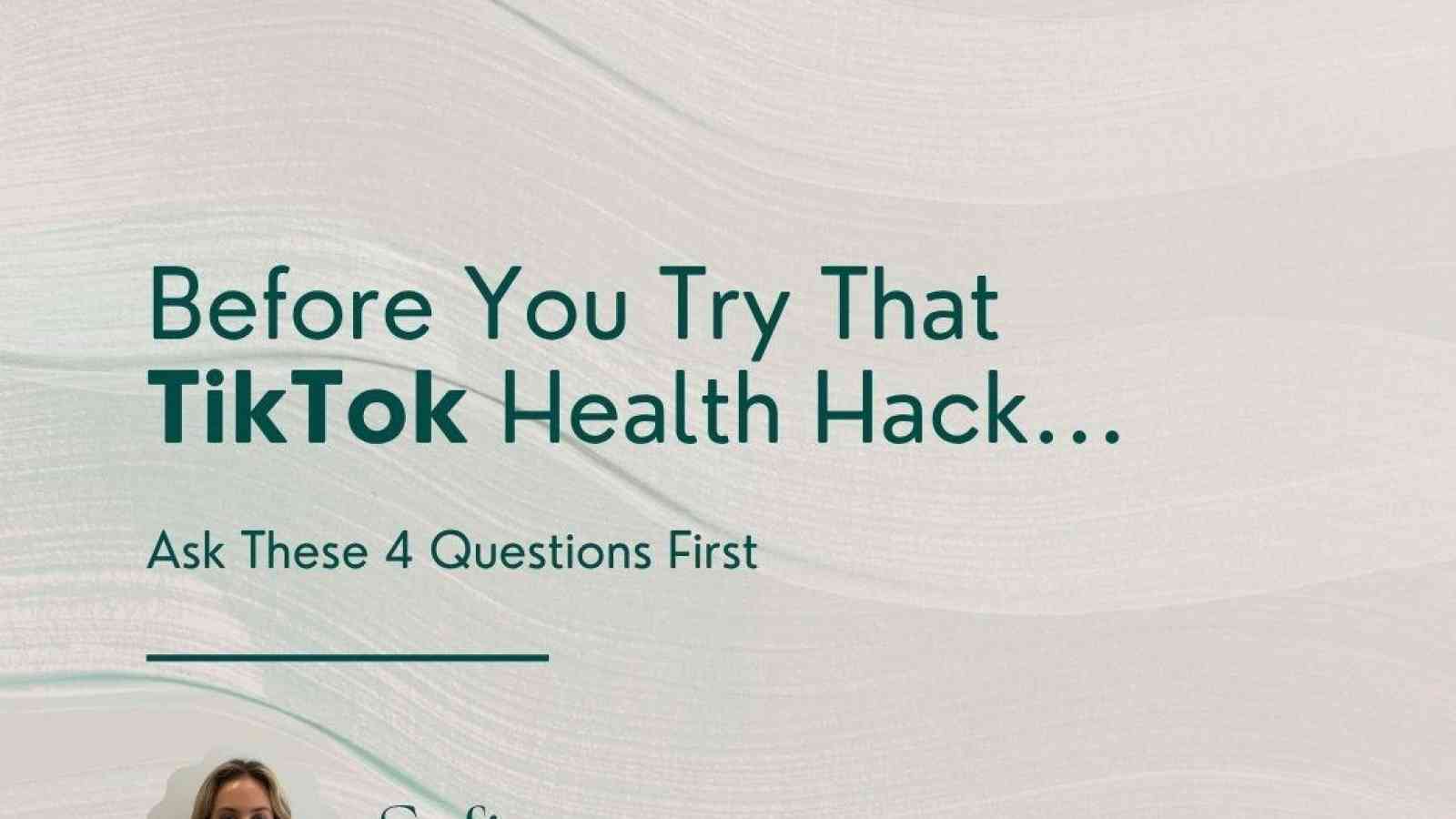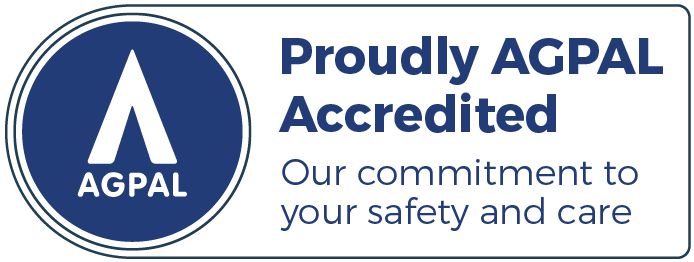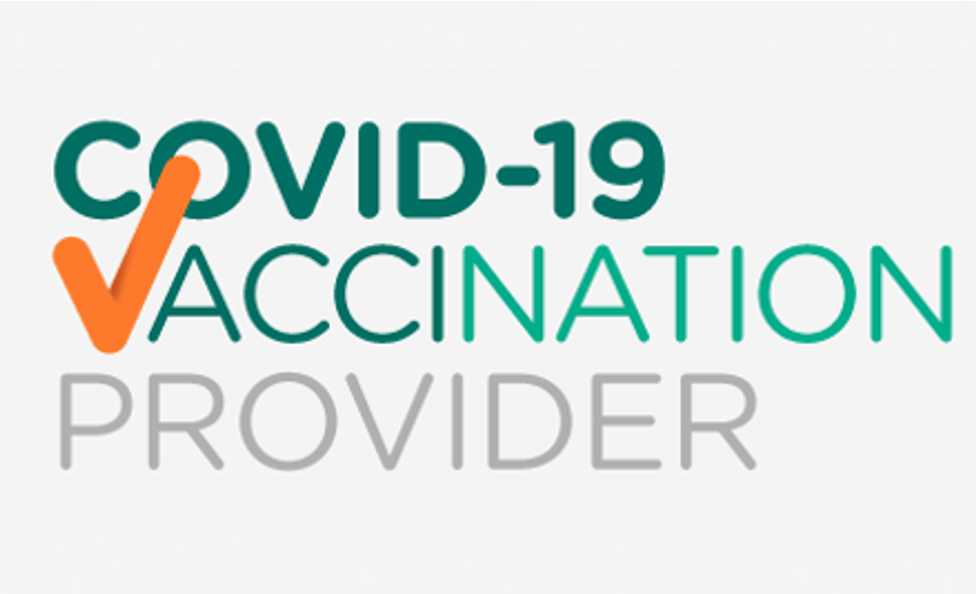
TikTok Health Hacks - are they safe?
Hi, my name is Sofia and I am a Patient Advocate at Next Practice Prahran. 👋🏼
I am currently studying Biomedical Science and I am very passionate about medical research. Currently I am undertaking an area of study regarding the biomedical basis and epidemiology of disease. This has inspired me to appreciate how imperative evidence-based medicine is in both research and patient care.
Working as a patient Advocate at Next Practice, where there is a strong emphasis on the importance of credible medical news and resources, has strongly complemented and enriched my understanding further on the topic.
With our growing exposure to health information online, especially through social media it can be sometimes difficult as viewers to know if something is truly reliable.
Firstly, reliable information can always be sourced from your GP, pharmacies and community health centers if you are unsure or seek medical attention. However, here are some easy tips and tricks that you can use to have a better understanding if the information you viewing online is credible:
1. Who is providing the information? It is always important to check the source of the information. Reliable sources can be inclusive of websites of Australian Government agencies, condition-specific organisations, universities, the websites of hospitals or trusted medical journals.
2. Ask whether the post or article is advertising something. Look for indicators of promotion such as “paid partnership” or “sponsored post” and do further research from the credible sources listed previously to make sure the information given can be trusted.
3. Cross check with known reliable sources. If you’re not sure if something sounds correct, or feels a bit too good to be true make sure to cross check with sources you can be comfortable trusting.
4. Ask your GP! If something you have read online has left you feeling confused or unsure and you are seeking advice, consult your GP for clarification and proper guidance.


